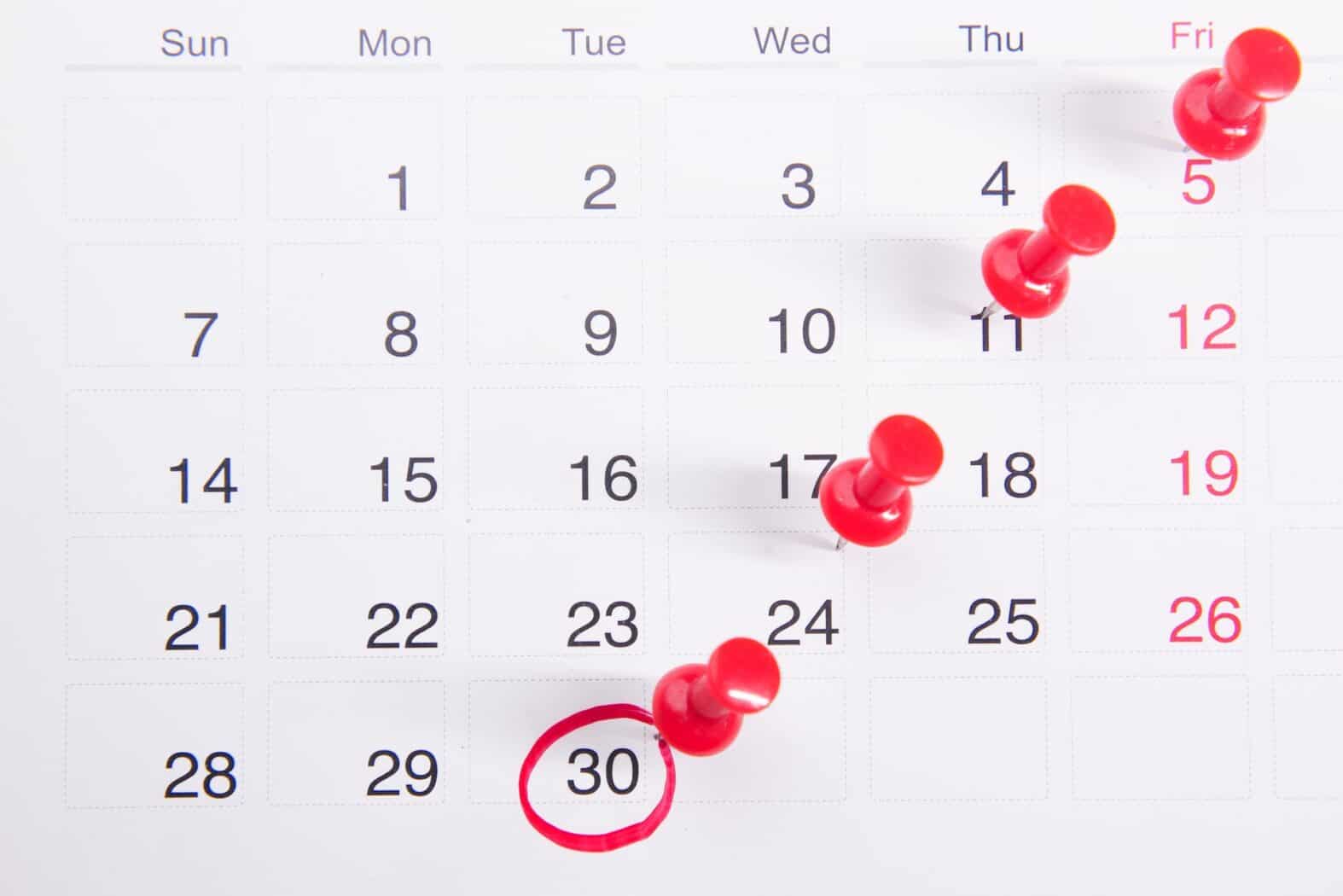
How To Remember To Not Forget
By Galen Lastko,
Photo by Towfiqu barbhuiya on Unsplash
I had a great opening sentence to this article that came to me last night as I was going to sleep. Where it went since then, I have no idea.
Memory is far from a perfect system, and the brain’s process of deciding what to remember and what to forget has always seemed slightly antagonistic: why, oh brain, can I remember the quadratic formula which I haven’t used since college statistics class, but I cannot remember the name of a person I met two minutes ago? Why can I recall phone numbers from thirty years ago while the location of my car keys is a complete mystery? And why does this phenomenon seem to get worse the older we get?
Memory filtration
We have some ability to store, contextualize, and prioritize the data in our brains, but we do not “decide” to remember things
With the amount of information constantly available through our senses, the filtering of unimportant data becomes essential to functional consciousness. And like everything else in life, that filtration process is not perfect. If our brain doesn’t find something particularly relevant or important, it’s not necessarily getting remembered, regardless of what our conscious self thinks. While we do have some active ability to store, contextualize, and prioritize the data in our brains, we do not “decide” to remember things, generally speaking. Our brain does that part all on its own. We certainly can try to force ourselves to remember things, and most of us have done this studying for tests, but results may vary as far as long-term retention, and it feels a lot more like training a tiny dog that lives in your head than something our conscious mind is deciding.
Our memories do tend to get worse as we age, although in exactly what capacity varies from person to person. Plenty of situational factors can inhibit memory retention, such as distraction, stress, and lack of sleep. Some older adults experience a notable decline in mental faculties, known as mild cognitive impairment. When this decline primarily affects memory, it can be a sign in some cases that a person is likely to be diagnosed with Alzheimer’s disease. Strokes, head injuries, blood clots, and depression can also have a dramatic and possibly permanent impact on a person’s memory.
Alzheimer’s disease is a neurological disorder present in about 6% of the population 65 years of age and older, and it primarily affects the ability to remember recent events. It is poorly understood at best, and there are no known ways to cure or prevent the disease. Since it affects a person’s ability to take care of themselves, a permanent caregiver is often the only way of mitigating the disease’s impact on a person’s quality of life. Alzheimer’s disease is the cause of roughly two-thirds of all cases of dementia, which was responsible for 1.9 million deaths in 2015.
Improving memory
Memory can be exercised and strengthened by using it. Rote memorization has been proven to be effective, although certainly tedious. Various mental tools and mnemonic principles can be used to organize complex memories. A “memory palace,” for example, involves correlating pieces of information to the physical attributes of a building. As one visualizes “walking” through this building, information can be tied to a particular room, piece of furniture, painting, or other details, and can then be recalled by “returning” to that location in one’s mind. Again, It almost feels like tricking our own brain into remembering things. Aside from these techniques, memory remains strongest in a healthy individual, so the same basic mantra of “eat right, stay fit and active, and don’t poison yourself too much” applies here just as well as it does to the rest of our lives.
I’m sure there was something else I wanted to talk about, but, well. You get the idea.
Galen Lastko, submitted on behalf of the SoHum Health’s Outreach department.
Related: Mental Health, SoHum Health